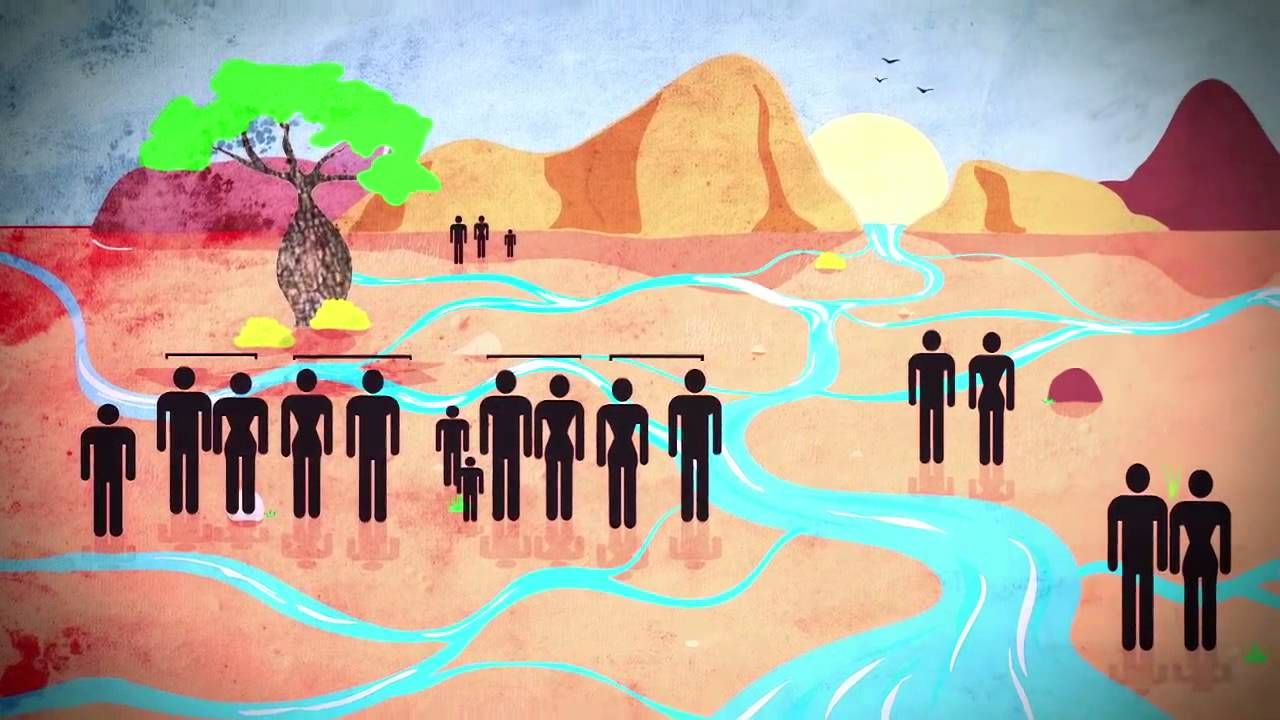Kinship is at the heart of Aboriginal and Torres Strait Islander Culture and Community. Kinship establishes where a person fits in their Community.
Kinship looks different across communities and nations. It helps determine a person’s relationship to others and to the universe and their responsibilities towards other people and Country.
A key principle of kinship that is unlike family relations in western society is that a child will have many mothers and fathers. People who are of the same gender and belong to the same sibling line are often seen as almost the same person. Therefore if a woman was to have a child, her sisters are often considered to be the child’s mother as well and the same goes for a man and his brothers. This means that a person’s ‘cousins’ would be considered their brothers and sisters.
It changes slightly when you look at opposite gendered siblings though. A woman’s brother would generally be referred to as an Uncle and a man’s sister would be seen as Aunty.
A short video produced by Reconciliation Australia that introduces the idea of what Kinship means to Aboriginal families.
Kinship care
Kinship care is care that is provided by relatives or friends of a child who cannot live with their parents. This type of care focuses on family, culture and community as central to a child’s wellbeing. Kinship care can either be arranged informally between family members or can be a requirement because a child or young person is in out of home care.
Traditionally if a person was unable to look after their child, a family member or close community member would take them in as their own child in a type of ‘traditional adoption.’ Kinship care is based on this practice.


